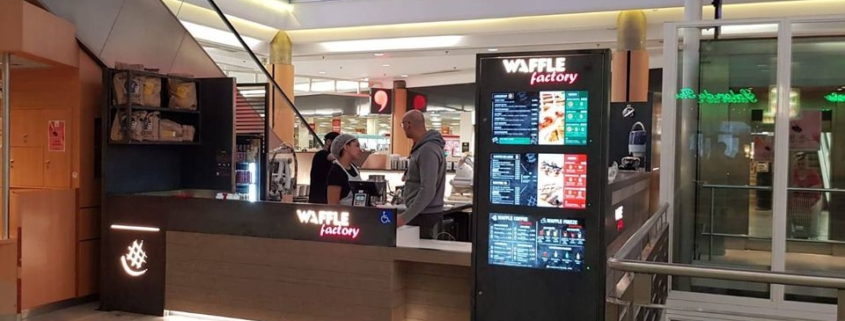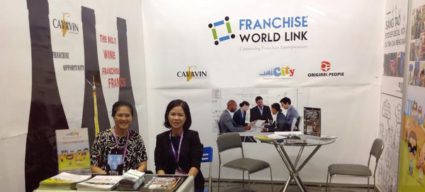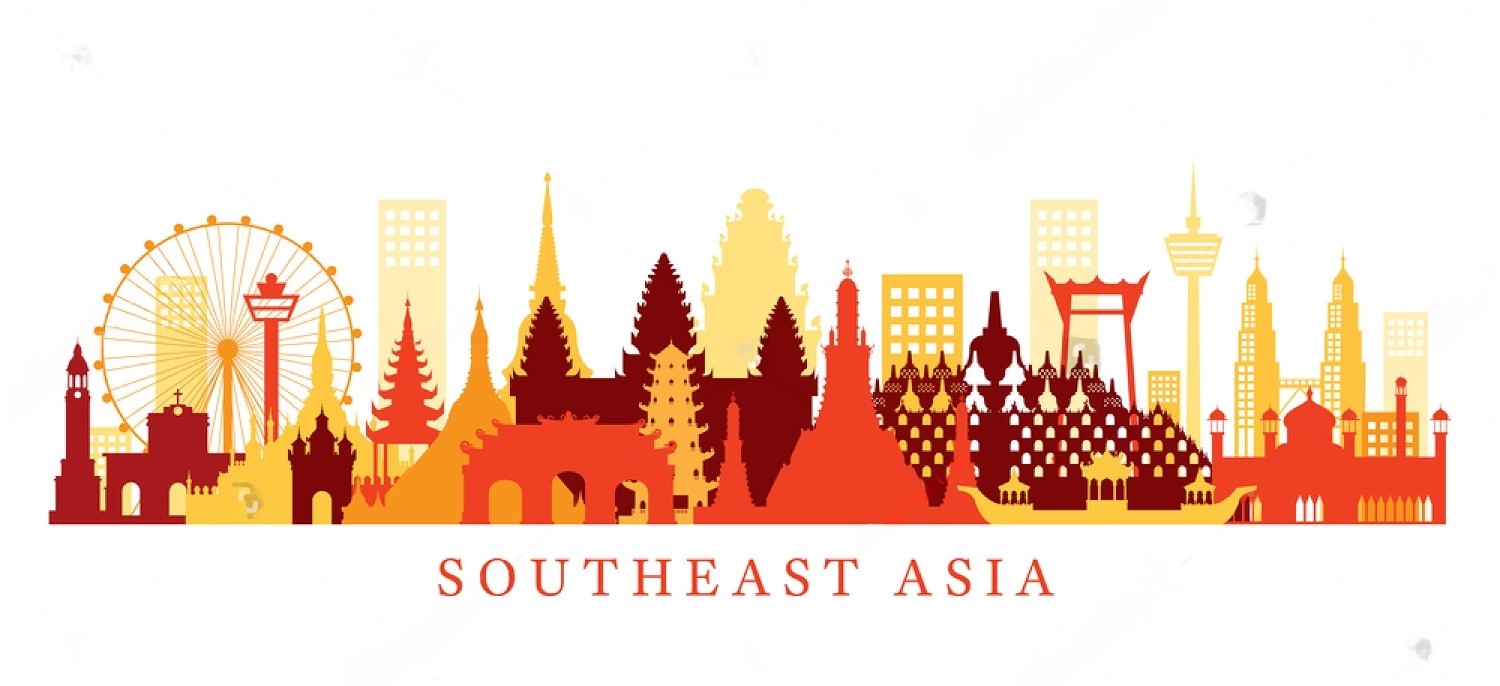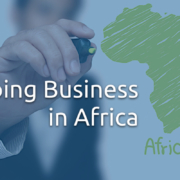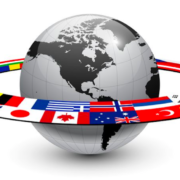The charm offensive of foreign brands
Concepts from abroad often make franchise candidates dream about a new franchise concept for their own country. But one must study their chances of success in France.
You want to sell American burgers, Belgian waffles, Spanish tortillas? It’s time to think about it. After the American Steak ‘n Shake (in 2015) and Five Guys (in 2016), the Canadian franchise Copper Branch arrives in France with its fast-food vegan! As for waffles, the Belgian Waffle Factory has set up its first retail shop in France in 2018, such as the Spanish tapas network “Cañas y Tapas”, or the Italian decoration brand “Coincasa”. All recruited franchisees with the firm desire to replicate their success with the new franchisees. But before signing with a foreign concept, as attractive as it is, you have to make sure you ask the right questions. All of the new brands will not know the wonderful successes of the American Mac Do or the Spanish Mango in France.
Is the the franchisor solid enough?
“Personally, I will never accept to be the first franchisee hexagonal if the franchisor seats far, because my royalties will never cover the cost of the of a franchise coach in France”, asserts David Borgel, Country Manager France of Franchise World Link.
Samuel Burner of “L’Observatoire de la Franchise”, confirm the points of this international specialist.
“It’s important to have easily accessible referents.” It may be a French subsidiary, or a master franchise, a company that has bought the right to operate it at home.
“Even if legally, driving from abroad is enough, it is good that the master franchisee has opened his own test retail shop,” says David Borgel. Nor should it embark on an all-out expansion in the hope of fulfilling the objective clause which obliges it to ensure xxx numbers of openings per year or to pay so many royalties to the headquarters.
“He must also have the means to accompany you as foreign franchisor,” adds Charlotte Bellet, a lawyer at BMGB.
In what extent has the concept been locally adapted?
“What is your knowledge of the French market?” These questions are needed during talks with a foreign franchise network.
“The franchisor must know the typology of French cities, tastes, consumption patterns,” explains Samuel Burner. Be careful with sandwiches too fat, ready-to-wear inappropriate to our weather or our morphology…
A real estate network will have to recalculate its rates because the commission of an agency is about 5% in France, against 2 % the UK.
A Mexican brand will have to review its recipes, with fewer spices. No question, “to make neutral, it would be a mistake,” said Samuel Burner, for whom it takes “a differentiating concept” with a subtle mix of foreign markers and adaptations to the Hexagon. Also note the French standards that are very different from other countries: “It would be a shame to end up with goods blocked in customs,” warns Charlotte Bellet.
What about logistics?
The franchisor will have to make sure to recreate a supply circuit in France: “Perishable goods can suffer long journeys,” says Samuel Burner. And for the textile or costume jewelry, no question of waiting for a restocking by liner.
The customer wants novelty. “Make sure there is a buffer stock in France,”
says David Borgel. ”
And in any case, scrutinize the supply contract, especially the conditions in the event of loss or damage,” says Charlotte Bellet “Finally, see if the cost of transport and customs duties will allow you to keep tariffs competitive without taking too much of your margin.”
Are there any crippling clauses?
It sounds crazy, “but we still see plenty of franchise contracts written in English,” sighs Charlotte Bellet. Only commit to a DIP (Disclosure Document) and a translated contract! And make sure you have training and an operative manual in French.
Check also that the mark is well protected in France. “Franchisors are afraid of France, they do not always know the right, deemed more protective for the franchisee,” says the lawyer.
Beware therefore of the clauses which provide that in case of dispute, the foreign law will be applicable and that the competent court will be located in the franchisor’s country.
“To accept it blandly would be delusional: it amounts to signing without mastering the law that will apply, and without knowing the amount of damages that could claim the network, often hundreds of thousands of dollars in the United States.
” Unless you are well advised, or have the means to offer a French lawyer and another foreigner, you would not only have trouble attacking in case of litigation … but you could not even defend yourself!

